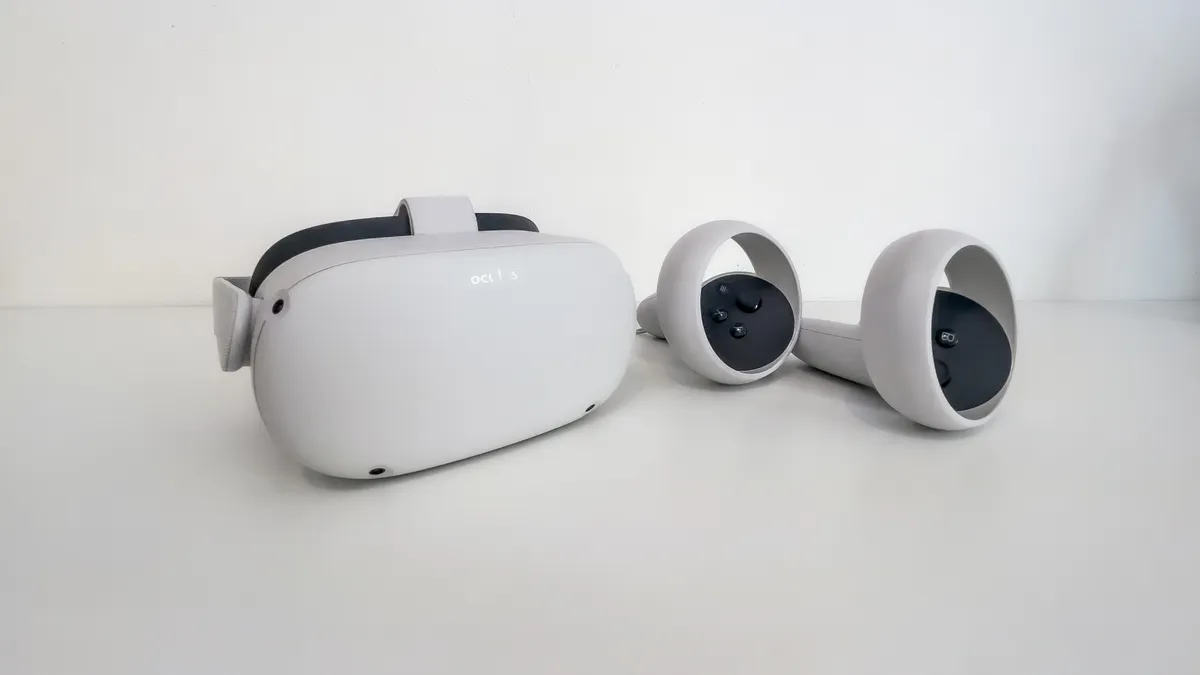Dive Brief:
- The Food and Drug Administration granted its Safer Technologies Program (STeP) designation to a virtual reality-based treatment being developed by Pear Therapeutics, intended to treat adults with acute and chronic pain after surgery.
- The designation could potentially expedite regulatory review of the product candidate, BTIG analysts wrote in a Wednesday note. The FDA finalized the STeP program last year, creating a pathway for devices that are "reasonably expected to significantly improve the safety of currently available treatments or diagnostics," but targeting conditions that are less severe than those in its Breakthrough Devices Program.
- The treatment candidate, currently dubbed Pear-010, is one of several digital therapeutics in Pear's pipeline, but the first in neurology. The company currently has three FDA-cleared therapeutics for insomnia, substance use and opioid use disorder.
Dive Insight:
Pear is looking to expand on its portfolio of digital therapeutics with a treatment for postoperative pain. To date, all of Pear's treatments have been based on smartphone-based modules, but its latest candidate uses a VR headset.
"We think this is a large market opportunity that may rapidly adopt an approved solution shown to reduce pain and opioid reliance," the BTIG analysts wrote in Wednesday's research note.
The analysts added that the STeP designation was "an important win" for Pear, and "in the right direction to expand its platform beyond psychiatry into market adjacencies such as neurology."
Pear's stock rose nearly 8% on the news Wednesday, but was down slightly in Thursday morning trading.
The company acquired two digital therapeutics intended to treat acute and chronic pain from Firsthand Technology in 2020. The products use a combination of distraction, physical engagement, mindfulness and biofeedback using wearable sensors for pain relief.
Pear and Firsthand struck an agreement in which Pear will pay a one-time milestone payment in the mid-six figures after the first commercial sale of an FDA-cleared product, as well as a percentage of net sales in the low-single digits in royalties, the BTIG analysts noted.
There's already a precedent in using virtual reality for pain relief. Last year, the FDA granted de novo clearance to EaseVRx. The VR-based software uses deep breathing and other cognitive-behavioral therapy-based skills to treat chronic lower back pain.
After going public last year, Pear aims to increase its revenue 30-fold by 2023, based on expectations that more insurers will cover its products, and more physicians will write prescriptions. However, it remains to be seen whether they will be able to achieve these goals, or sustain the costs that come with developing a new class of treatments.











